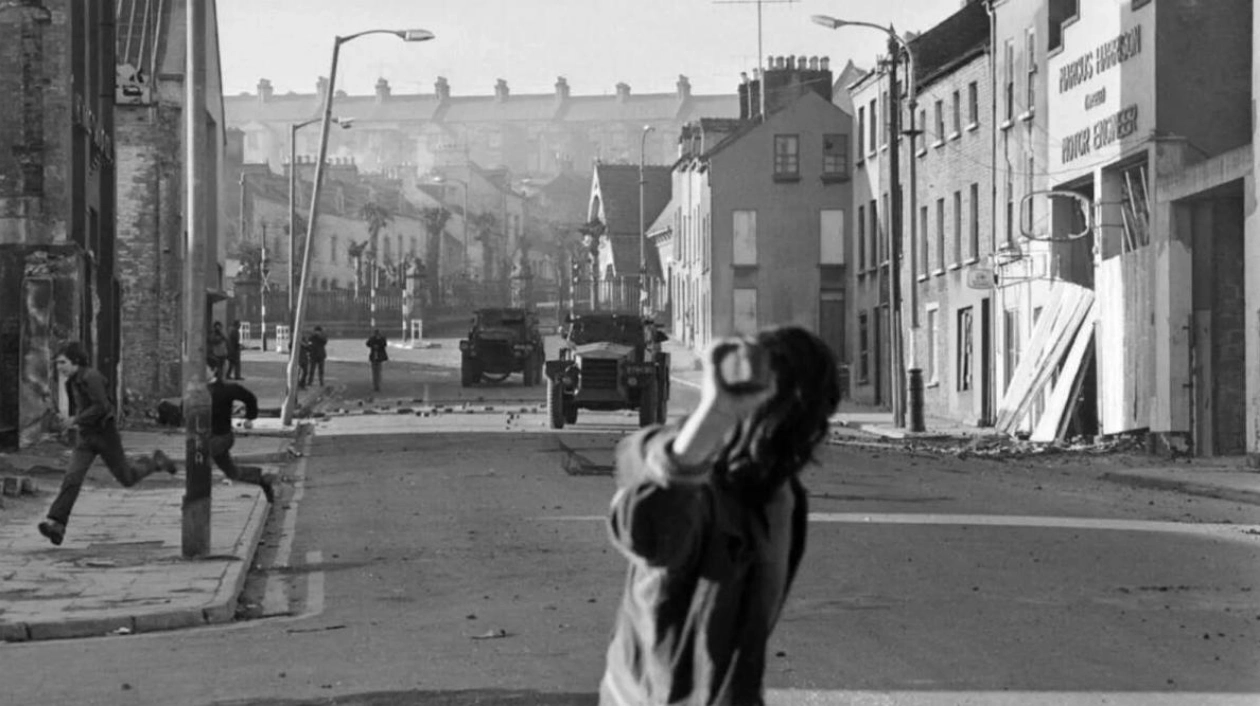Northern Ireland, which experienced 30 years of strife due to British rule, saw a resolution with the 1998 peace deal. Photo: AFP
A retired British soldier pleaded not guilty on Friday to the murder of two men during the 1972 Bloody Sunday massacre, a pivotal event in Northern Ireland's protracted conflict. The ex-paratrooper, referred to as 'Soldier F', sought to have the charges against him dropped, but a judge at Belfast Crown Court rejected his request. He faces accusations of murdering civilians James Wray and William McKinney, along with the attempted murder of five others, during a crackdown on a civil rights protest in Londonderry—also known as Derry—over half a century ago. Hidden behind a large curtain, the former soldier responded 'not guilty' to each of the seven charges presented to him on Friday. A trial date will be set in early 2025.
Mickey McKinney, the brother of one of the victims, expressed satisfaction outside the court, saying, 'We are very pleased that Soldier F's application was refused.' However, he also noted disappointment with the trial judge's decision to grant anonymity and screening for the defendant. Bloody Sunday played a crucial role in bolstering support for the Provisional IRA, the primary militia advocating for a united Ireland. It was among the most violent incidents in the conflict known as the 'Troubles,' which concluded with peace agreements in 1998. Northern Irish prosecutors initially recommended Soldier F stand trial in 2019, but the case was dropped following the collapse of trials involving other ex-soldiers, only to be reopened in 2022. The case remains highly contentious in the UK-governed province, where the sectarian violence that began in the 1960s continues to influence current events. British troops fired upon a civil rights demonstration in the predominantly Catholic Bogside area of Londonderry, Northern Ireland's second-largest city, on January 30, 1972, resulting in the deaths of 13 people. A 14th victim succumbed to his injuries later. A 12-year public inquiry—the largest in UK legal history—concluded in 2010 that British paratroopers had lost control and that none of the victims posed a threat of causing death or serious injury. This led then-Prime Minister David Cameron to issue a formal state apology, labeling the killings 'unjustified and unjustifiable.' Following this, Northern Irish police initiated a murder investigation into Bloody Sunday, submitting their findings to prosecutors in 2016.
Source link: https://www.khaleejtimes.com






